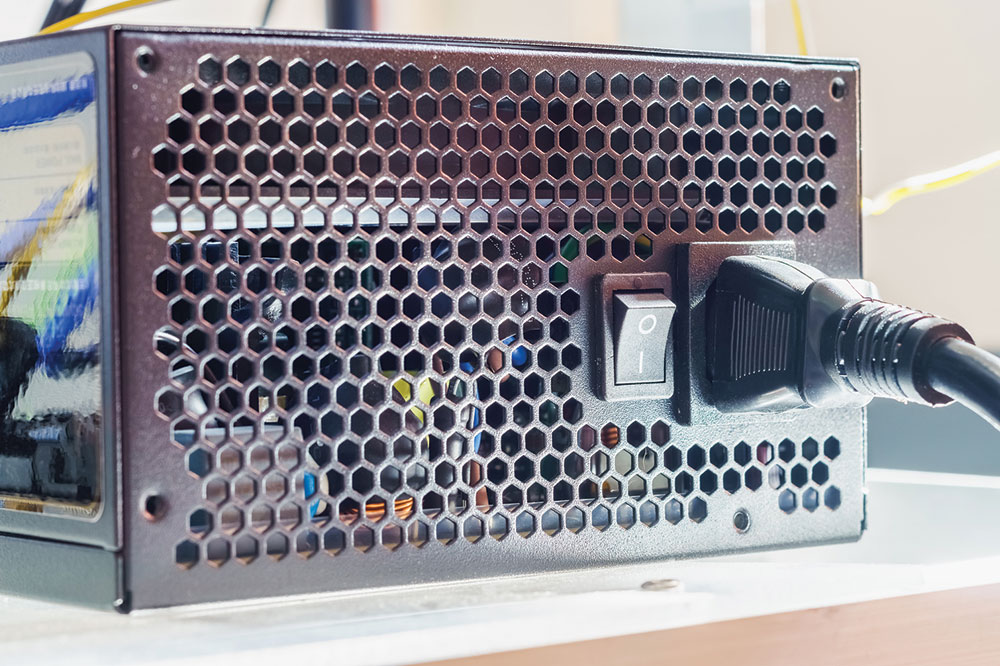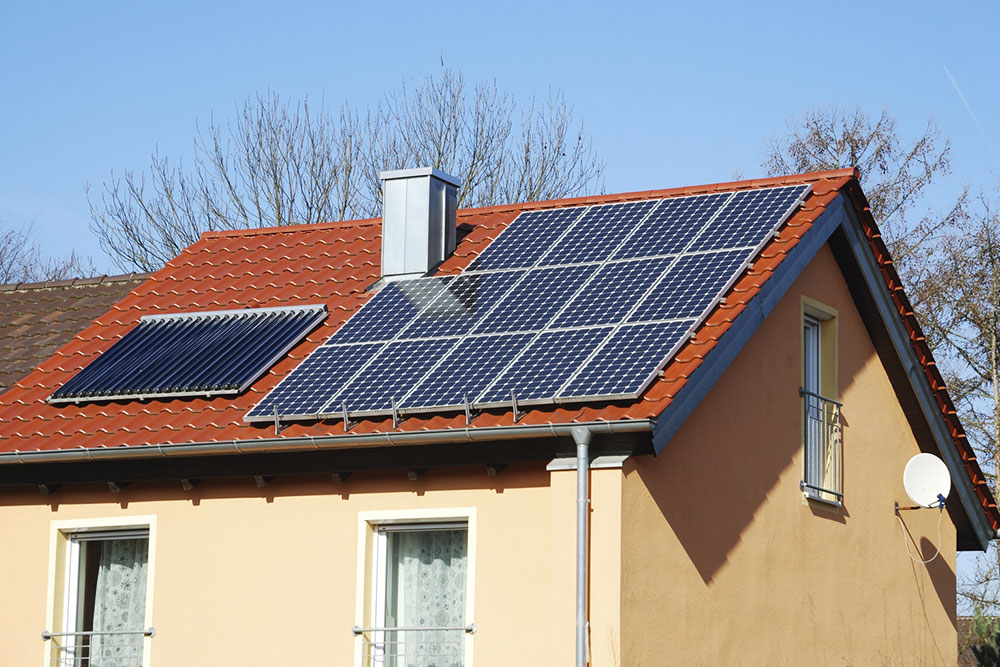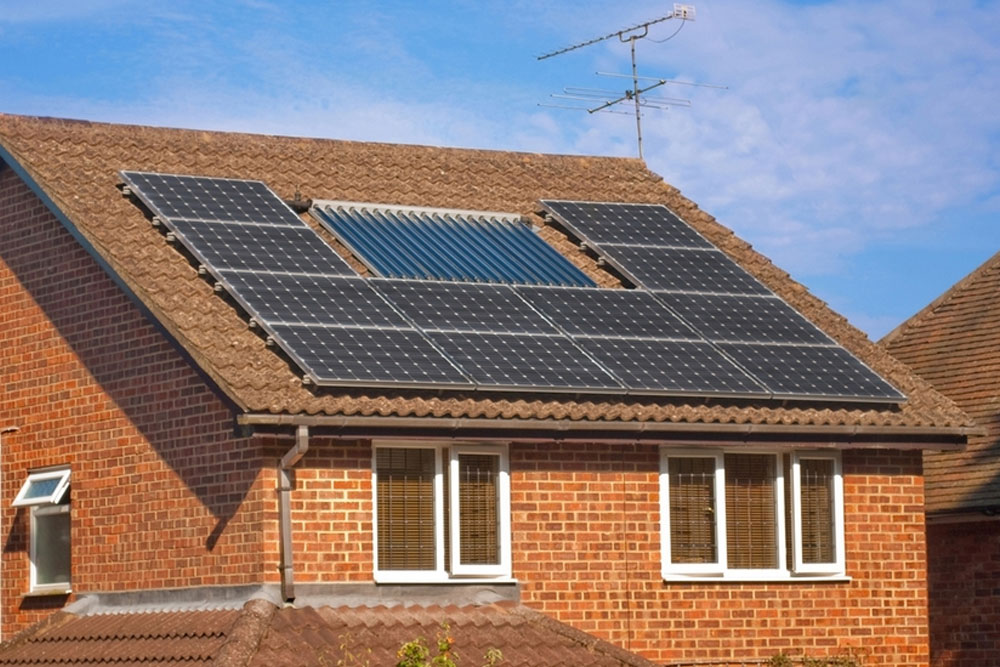Unlocking the Potential of Direct Current (DC) Power in Future Energy Systems
Discover the transformative advantages of Direct Current (DC) power in modern energy systems, including superior energy storage, efficient power generation, and flexible engine management. This detailed exploration highlights how DC technology enhances renewable energy integration, off-grid reliability, and overall system efficiency, making it a promising solution for the future of sustainable energy infrastructure. Learn why DC is increasingly vital in renewable, hybrid, and microgrid applications to achieve cleaner, resilient, and cost-effective power solutions.

The Advantages of DC Power in Modern and Off-Grid Energy Solutions
Electricity comes in two fundamental forms: Direct Current (DC) and Alternating Current (AC). While AC has been the backbone of global power transmission and distribution, DC is gaining increasing attention for its specialized advantages, especially in standalone and renewable energy systems. Both types of electrical power serve distinct needs, but the immense potential of DC in the evolving energy landscape is undeniable. This article explores the comprehensive benefits of integrating DC power into modern energy systems, highlighting its role in energy storage, efficiency, and flexible power generation.
Enhanced Energy Storage Capabilities
One of the most significant benefits of DC power lies in its compatibility with energy storage solutions. Batteries and other storage devices naturally operate on DC, enabling seamless integration without complex conversions. This attribute is particularly advantageous in small-scale, off-grid, or renewable energy setups, where energy is stored during periods of excess generation for use during low production times. Advances in battery technology, such as lithium-ion and solid-state batteries, are further enhancing storage density, allowing systems to store more energy in less space, improving overall efficiency and reducing operational costs.
In hybrid energy systems, batteries act as the backbone, storing excess energy generated from solar panels, wind turbines, or other renewable sources. DC power facilitates straightforward charging and discharging cycles, reducing energy losses associated with conversions, and making these systems more reliable and cost-effective. Moreover, improved storage capabilities mean that renewable sources can better replace fossil fuels, supporting environmental sustainability goals while maintaining reliable power supply.
Efficient energy storage is crucial for modern energy grids, particularly with the increasing adoption of renewable sources. DC-powered battery banks support rapid response, smooth energy flow, and enhanced grid stability. In remote or off-grid locations, where traditional AC infrastructure is absent or costly, DC energy systems serve as independent, reliable solutions. They are especially suitable for microgrids, emergency backup systems, and portable power units, empowering communities and industries with resilient and scalable energy options.
Superior Power Generation Capabilities for Main and Off-Grid Uses
Conventional household and industrial devices are designed to operate on stable AC mains electricity. However, DC power generation offers notable efficiency benefits, especially in decentralized or renewable energy sources. Power plants utilizing diesel or natural gas often generate DC directly through specialized generators, then convert it to AC for distribution. These methods can reduce energy losses commonly associated with multiple conversions, resulting in higher overall efficiency.
Engine Adaptability and Precise Power Control
Traditional AC generators, especially synchronous types, require precise control of engine speed to maintain standard voltage and frequency, limiting flexibility in dynamic energy environments. In contrast, DC generators can operate effectively across a range of engine speeds. This adaptability means that smaller, variable-speed engines can produce stable DC power without extensive regulation equipment. Such flexibility translates to fuel savings, lower noise levels, and enhanced capacity to match fluctuating energy demands for both industrial and residential applications.
By leveraging the inherent advantages of DC generation and storage, energy providers can design more responsive, efficient, and environmentally friendly power systems. Whether in isolated communities, renewable installations, or advanced microgrid configurations, DC power is positioned to play a pivotal role in shaping the future of energy.





